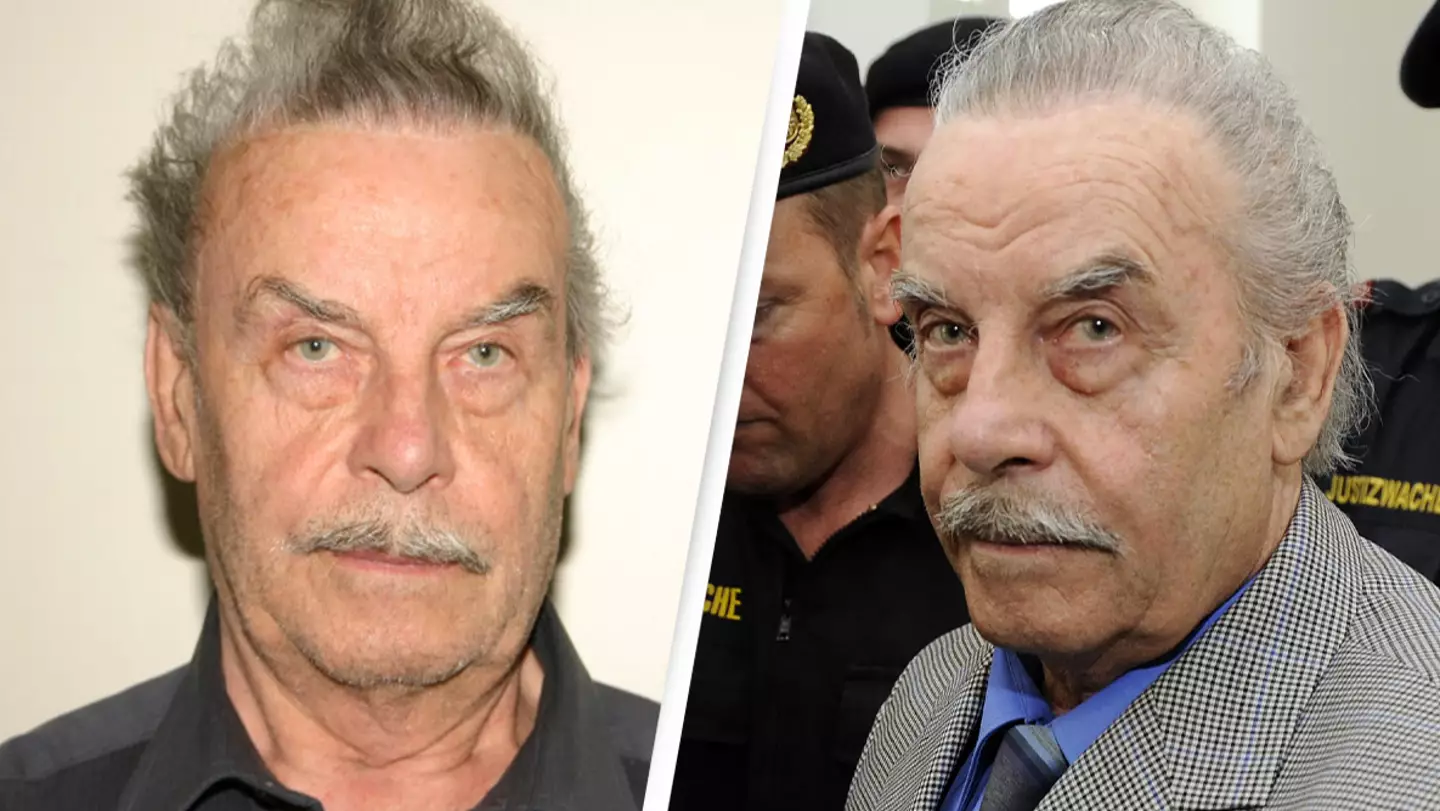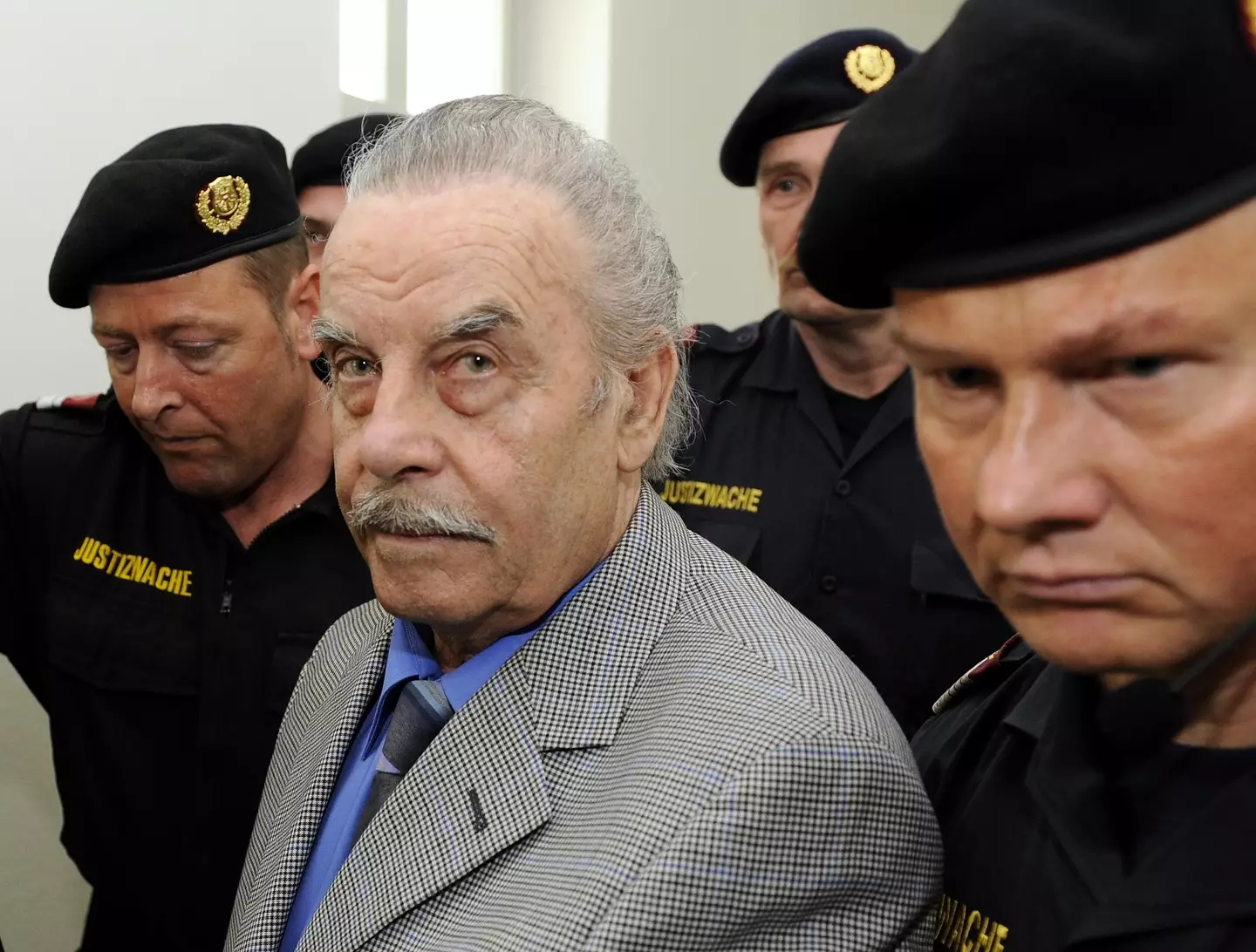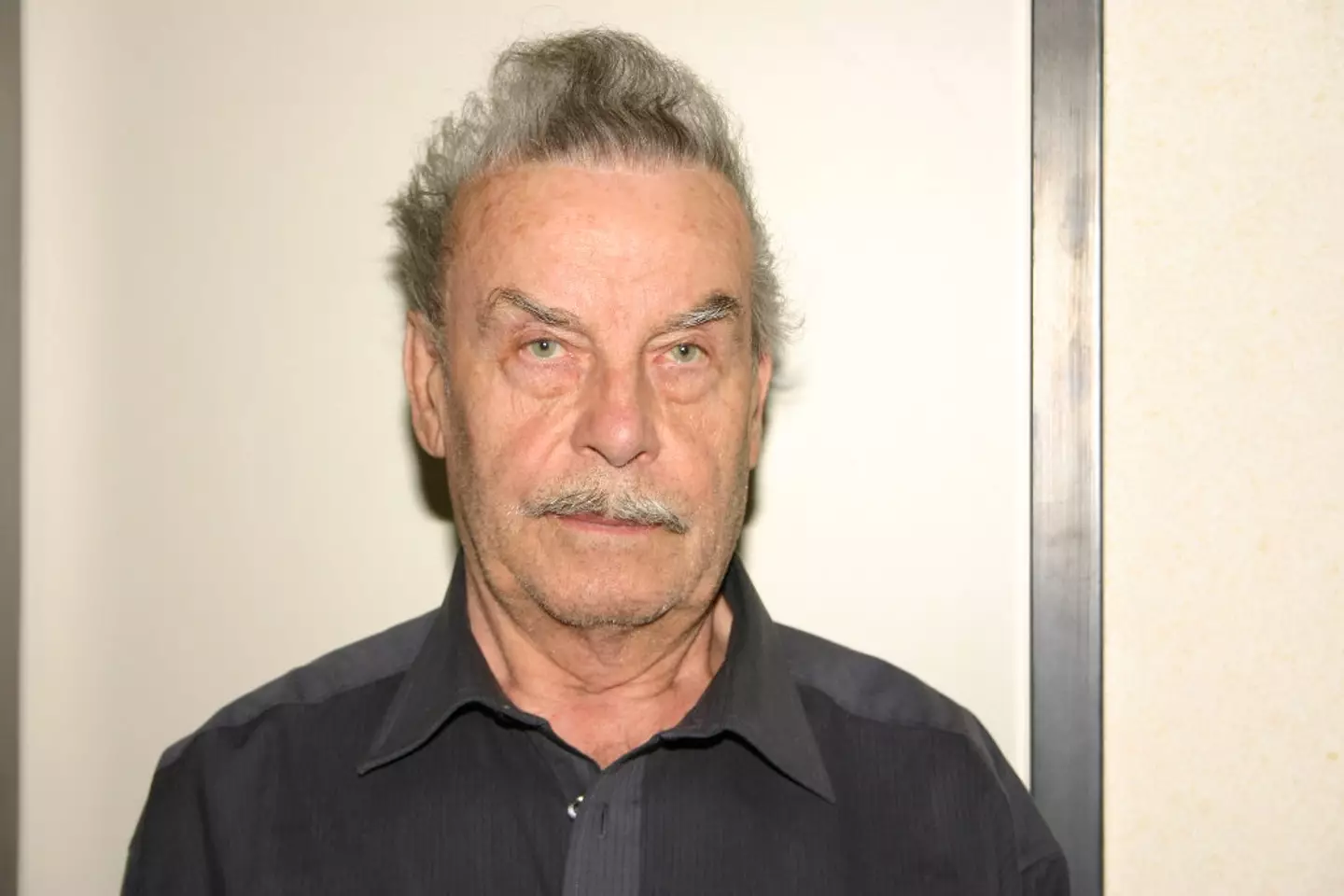
Rapist Josef Fritzl is already making demands about his living arrangements before being granted parole.
Fritzl, one of Austria’s most notorious criminals, was sentenced to life imprisonment in 2009 after pleading guilty to incest, rape, coercion, false imprisonment and enslavement.
The man kept his daughter Elisabeth locked away for 24 years, and started sexually abusing her when she was just 11.
Despite the extent of Fritzl’s crimes, Austrian law states that a person is eligible for parole after serving 15 years of their sentence – a milestone the 89-year-old hit last year.
With this in mind, Fritzl has allegedly already started making demands ahead of his possible release.
Despite his history of using a basement to abuse his daughter, Fritzl has requested that he has accommodation with one. He’s also asked that his home be near a train station as he’s no longer confident driving.

Josef Fritzl pictured during his trial in 2009 (APA via Getty Images)
“Every day, he dreams of having his own house or apartment,” the criminal’s attorney Astrid Wagner told local outlets, as per The Express.
As to why he’s insisted of having a cellar, it’s reportedly down to his many boxes of documents.
Fritzl’s cell is said to be cluttered with folders and boxes filled with files, and he’d want a basement to store them in.
After Fritzl became eligible for parole, the elderly criminal had a hearing and was initially granted permission to be moved to a normal prison cell from a special psychiatric unit.
The application was approved in January 2024, but by March it had been overturned by the Vienna court.

The notorious criminal became eligible for parole last year (SID Lower Austria via Getty Images)
“Contrary to the [assessment by the] court of first instance, the Vienna higher provincial court came to the conclusion that the facts necessary for such a conditional release had not yet fully been clarified,” the court said of its decision to keep Fritzl in a psychiatric unit, The Guardian reported at the time.
Fast forward to May 2024 and the court once more ruled that he could in fact be moved to a normal prison as they said that Fritzl was ‘no longer likely to commit a criminal offence with serious consequences’ because of his dementia.


